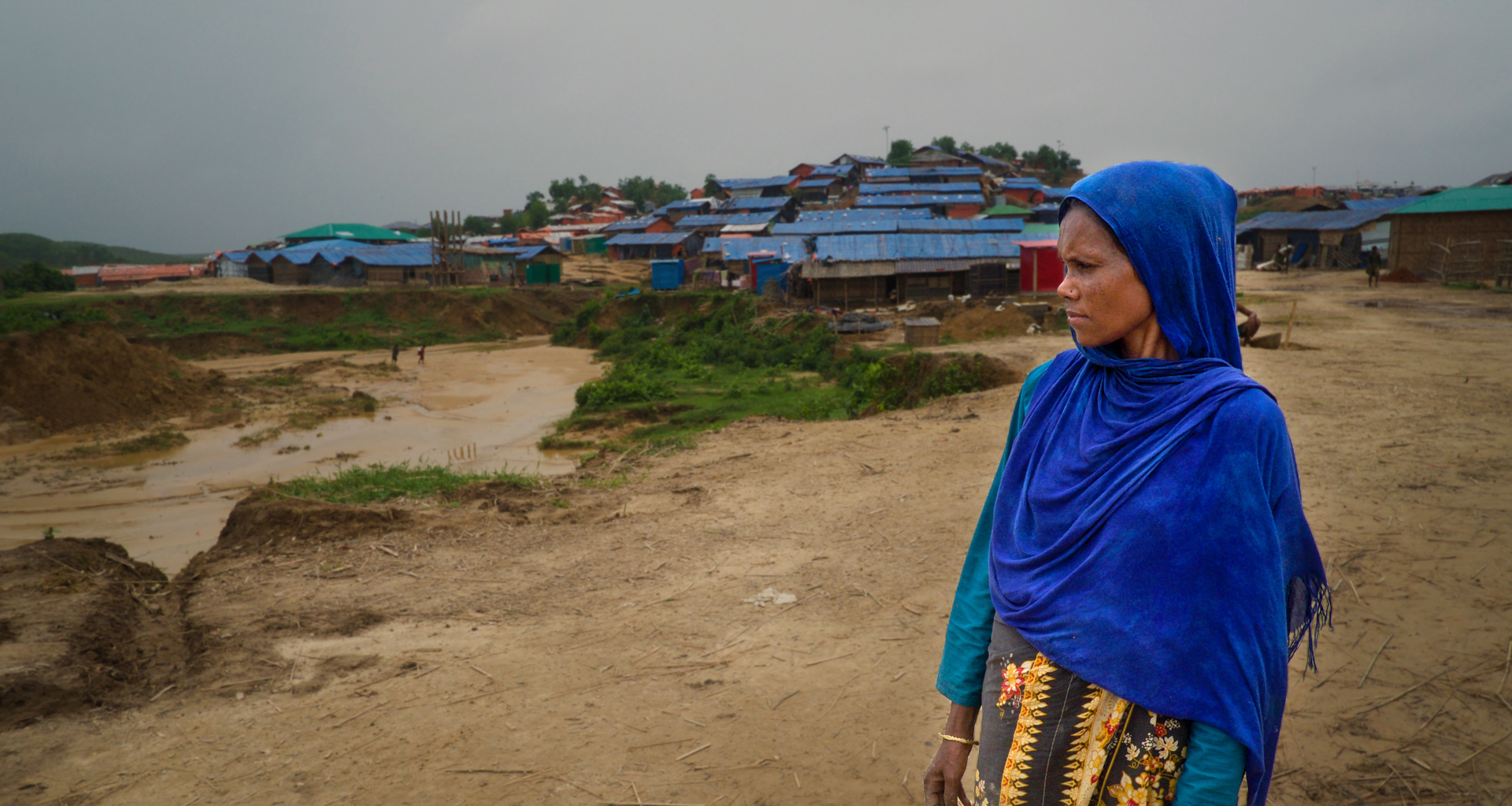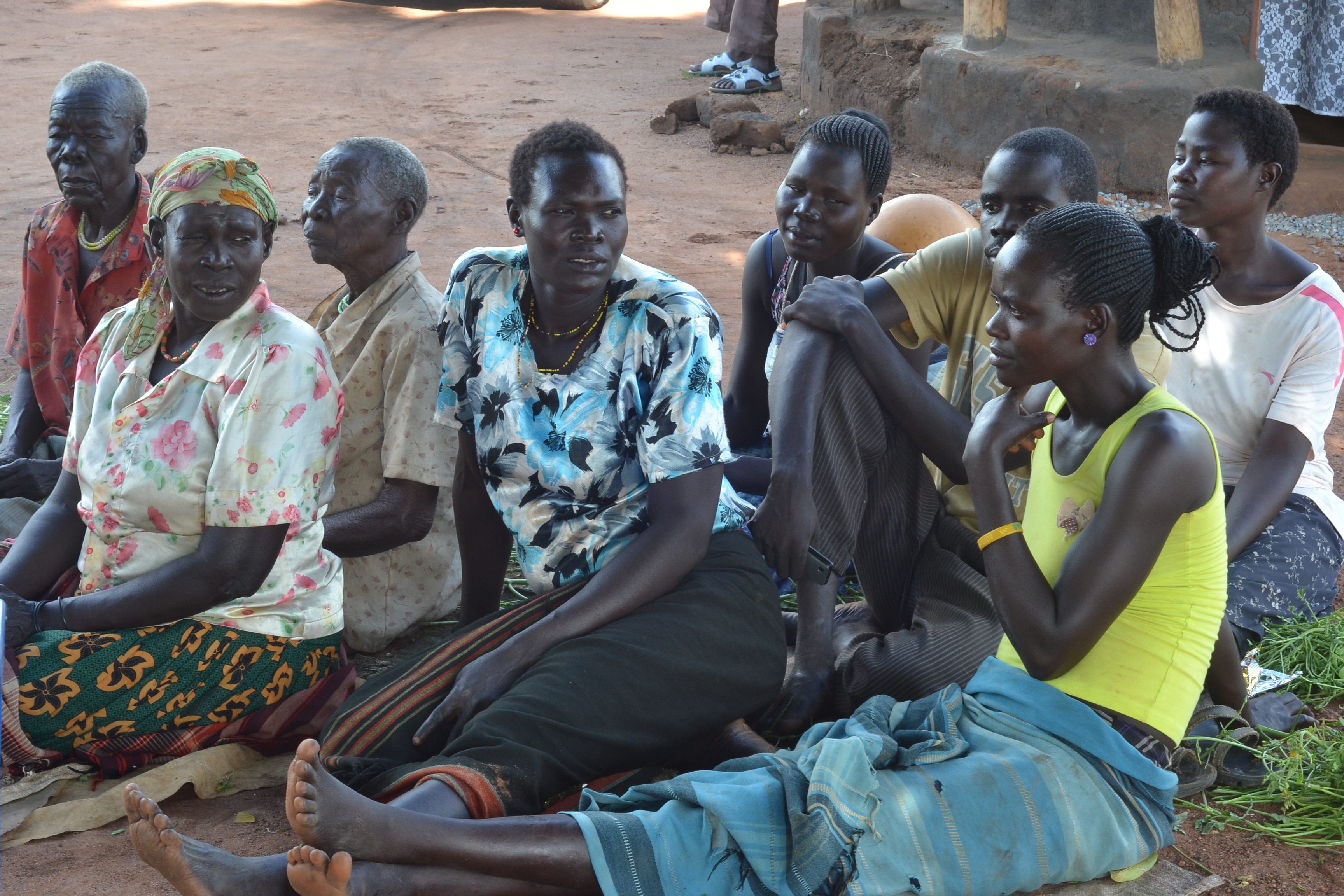Mental scars from conflict and crises may linger for years, holding back the recovery of individuals and whole communities.
The World Health Organisation estimates that about one in five of those who lived in conflict-affected areas developed depression, anxiety, bipolar, schizophrenia, or post-traumatic stress disorder. A study in The Lancet last month arrived at the new figures from a review of 129 published papers.
Mental health conditions like anxiety and depression can double in a population that has experienced some form of humanitarian crisis.
Those with mental health conditions can struggle to hold down jobs, go to school, or maintain relationships – the day to day activities that make societies function. These traumas can ripple out across generations and communities, affecting even those who have not directly experienced violence, like the children of Rwandan genocide survivors.
But often mental health services are limited at the time of a crisis, and are difficult to sustain after an initial funding surge. Our roundup this week explores what happens when the immediate crisis has passed and how some communities and providers approach care and treatment.

Inside Somalia’s mental health emergency
One in three Somalis are affected by mental illness. Health workers worry that lack of care may contribute to the country’s instability.

In Rohingya camps, traditional healers fill a gap in helping refugees overcome trauma
Aid groups want to understand how Rohingya refugees deal with mental health in an environment where only half of those who need counselling have access to it.

South Sudan: “The whole country is traumatised”
With inadequate public funding for healthcare, aid groups try to step in.

Iraq’s growing mental health problem
For Iraqi civilians who fled so-called Islamic State, there is a lack of trained professionals to treat a plethora of mental health issues.
 http://newirin.irinnews.org/boko-haram-road-to-redemption/
http://newirin.irinnews.org/boko-haram-road-to-redemption/
In Nigeria, healing the scars of war might curtail its spread
Could healing the untold trauma unleashed by Boko Haram hold the key to peacebuilding in northern Nigeria?
 201404230936570877
201404230936570877
Trauma link to malnutrition in Central African Republic
The parents of malnourished children need help themselves, as the trauma they have experienced may impact their ability to care for their children.

Women carry the burden of Ugandan war trauma
The extent of trauma in northern Uganda is overwhelming the country’s limited capacity for treating mental health problems.

Survival lessons for Congo in the aftershock of West Africa’s Ebola crisis
The lesson from West Africa is that the impact of Ebola on people’s lives does not end when the virus is defeated.

Rwanda, part 1: Born into a legacy of genocide
A younger generations with little or no direct experience of the violence has not escaped the trauma.
(TOP PHOTO: Neighbours in Rwanda deal with lingering trauma.)





